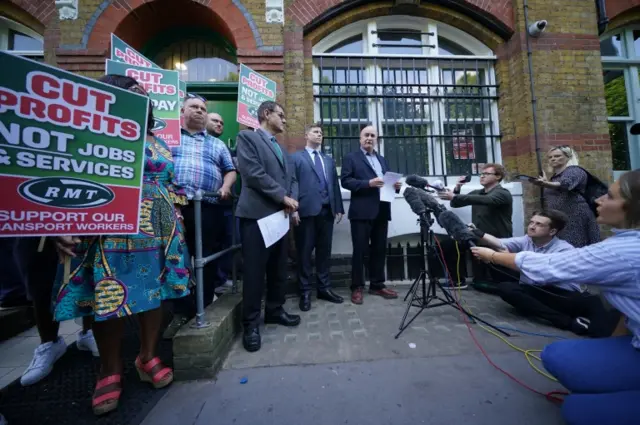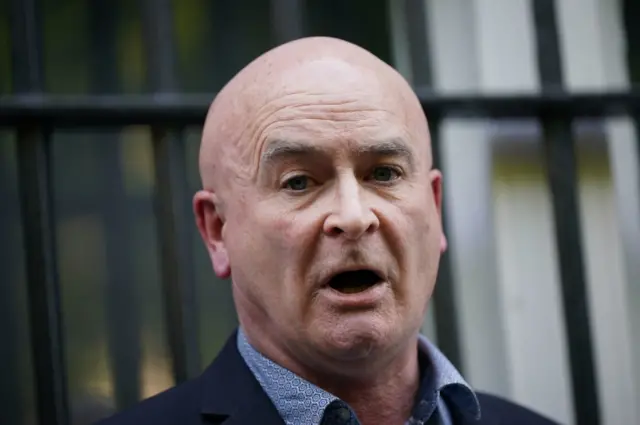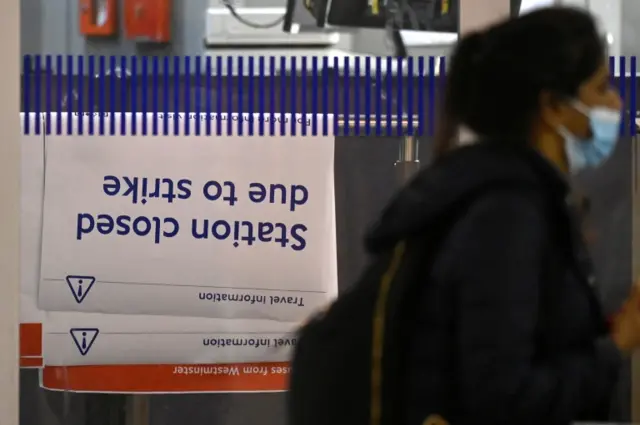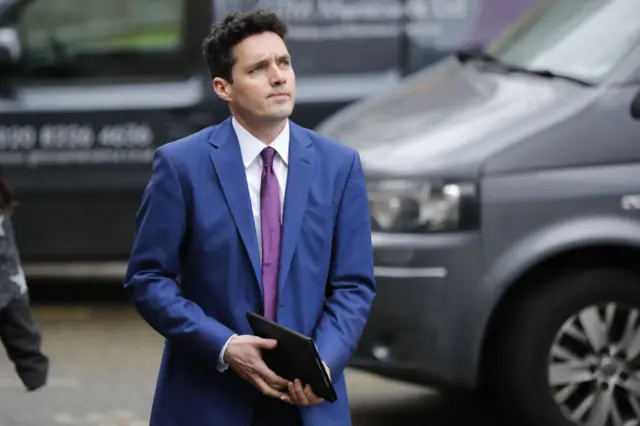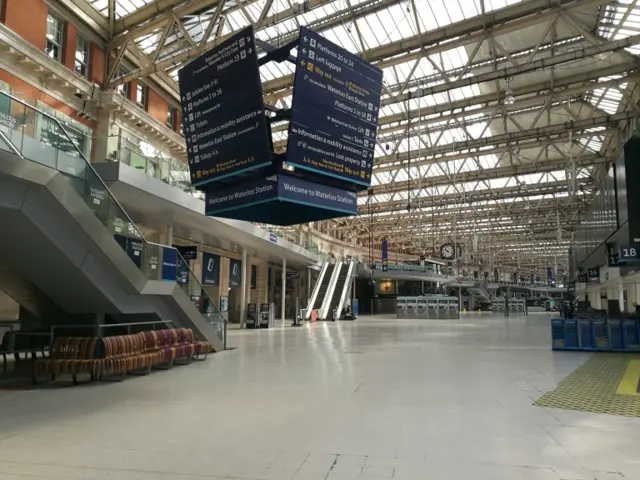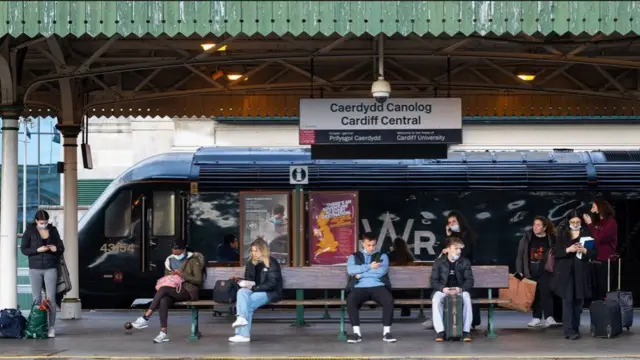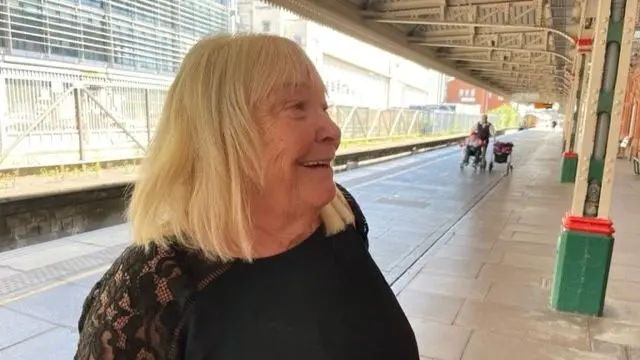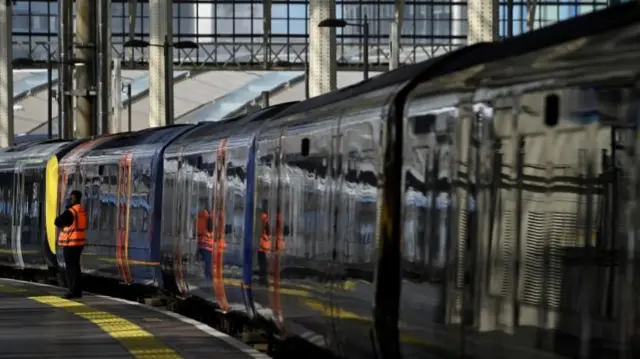No choice but to take action - Lynchpublished at 15:46 BST 20 June 2022
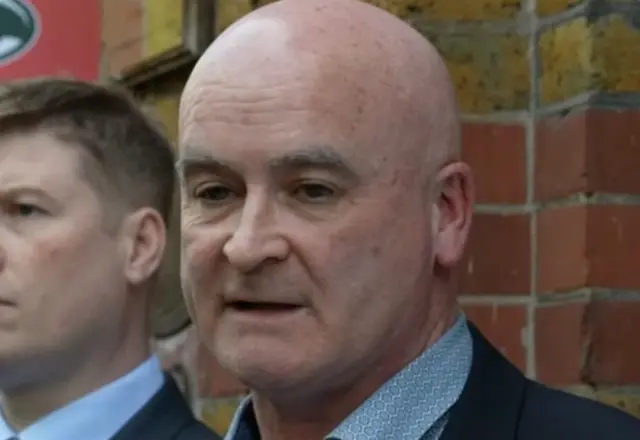
The RMT has "no choice but to defend our members industrially", adds union boss Mick Lynch in his statement.
He says this is a result of cuts within the industry "at the behest of this government".
Lynch says it's a case of fighting for "workplace justice" in the face of the "cost of living crisis".
"We remain available for discussions," he adds.
